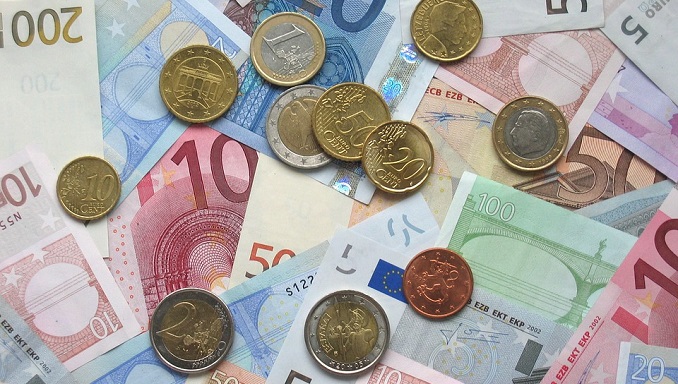A recent surge in demand for Russia’s coupon-bearing federal loan bonds known could have happened due to increased purchases by Venezuelan investors, analysts told Russian news outlet RBC.
According to Richard Segal, senior analyst on developing markets at Manulife Asset Management, Venezuela’s purchases could have been ensured by the money from recent gold sales by President Nicolas Maduro’s regime.
The growing foreign demand for OFZs is logical as the share of non-residents has plummeted to a minimum and profits are high (nearly 8.5%) with the ruble rate stabilizing, Segal said.
These non-residents who snapped up a large volume of Russia’s bonds despite the looming U.S. sanctions could be Venezuelan investors, who form investment portfolios to preserve their savings and are loyal to the Russian market, a bank analyst told the paper.
In February, Venezuela’s opposition said that in 2018 Maduro’s government sold 73 tons of gold to Turkey and the United Arab Emirates. In late February, Reuters said that another 8 tons of gold retrieved from Venezuela’s Central Bank was sold abroad. Earlier, Bloomberg reported that some gold worth $1.2 billion, which Venezuela kept in the Bank of England, was frozen.
In late February, foreign investors shelled out 28.5 billion rubles ($435.8 million) on Russia’s OFZs, a record high for the past 18 months, the Central Bank said. Since the beginning of the year, non-residents have increased their investments in Russia’s bonds by more than 100 billion rubles ($1.5 billion).
However, Tom Adshead, Director of Research at Macro-Advisory, doubts that Venezuela could have bought a major volume of Russia’s bonds in February. “I believe that ordinary foreign buyers returned to the market of OFZs, attracted by profits and the entire atmosphere of risk. If I were Maduro, I would invest money in U.S. Treasury bonds through a Geneva account,” he told the paper.












